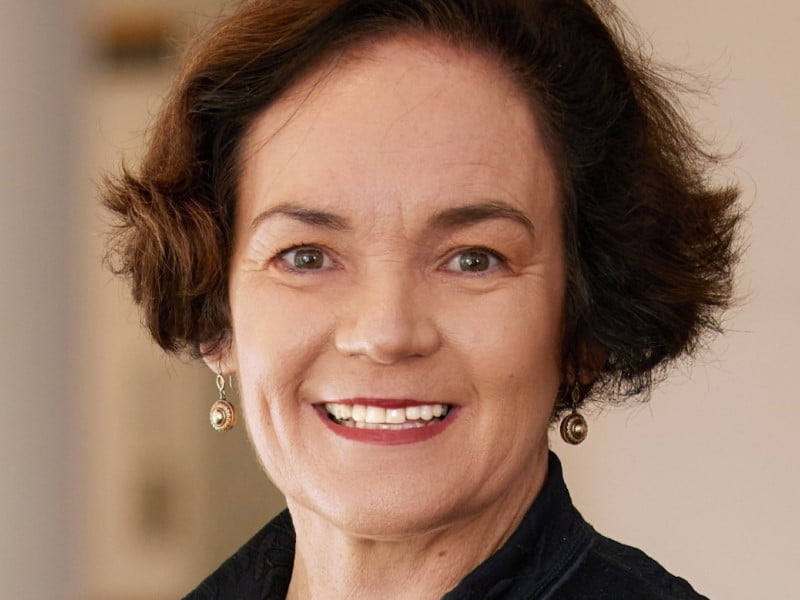Kathryn Campbell has resigned from the Department of Defence just days after being suspended without pay from her almost $900,000-a-year special advisor role to the AUKUS submarine project.
Defence issued a brief statement on Monday confirming that it had accepted Ms Campbell’s resignation, which was effective from Friday, July 21.
No further detail was provided in the statement, with Defence saying it “will not provide further comment on this matter”.

Ms Campbell landed the $890,000 per annum role heading up the newly-created AUKUS Joint Program Office at the end of June last year, and began at the beginning of the following month, just as she left a short stint secretary at the Department of Foreign Affairs and Trade (DFAT).
Prime Minister Anthony Albanese announced she would be moved into an AUKUS-related role on June 22 last year. This is the same day that the job creation paperwork began for the new AUKUS Joint Program Office role, according to FOI documents released to former South Australian senator Rex Patrick.
On June 27, Defence Secretary Greg Moriarty said Ms Campbell would fill the role “on a non-ongoing contract for three years to the Senior Executive Service Band 3 position of Deputy Secretary AUKUS Joint Program Office”.
This was revealed in correspondence sent from Mr Moriarty to then-Australian Public Service Commissioner Peter Woolcott.
Ms Campbell’s remuneration package, which was recommended by Mr Moriarty, was signed off by Mr Woolcott on June 30. Mr Moriarty then formerly offered Ms Campbell the role.
The day before her resignation came into effect, Anthony Albanese confirmed that her indefinite suspension from the AUKUS advisor role was a “decision made by the Department of Prime and Cabinet and appropriate bodies”.
However, he did not provide further detail “given the potential legal matters involved”, although he added that the suspension was an “appropriate response”.
Ms Campbell was the former Department of Human Services Secretary between March 2011 and September 2017, overseeing a “department that had established, implemented and maintained an unlawful program”, as described in the Robodebt Royal Commission final report.
The report also stated that when Ms Campbell was “exposed to information that brought to light the illegality of income averaging, she did nothing of substance”. She also “failed to act” when presented the opportunity to obtain advice on the lawfulness of the scheme.
The Robodebt Royal Commission’s final report included an unreleased sealed section that named individuals involved in the implementation of Robodebt for referrals for civil and criminal prosecution.
The list of names has not been made public and InnovationAus.com is not implying that Kathryn Campbell has been referred for prosecution.
Do you know more? Contact James Riley via Email.

